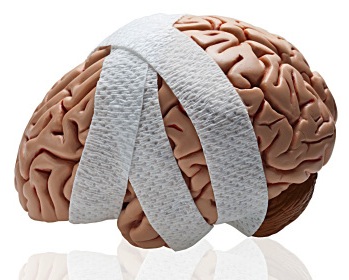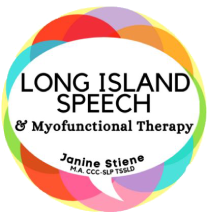Blog
Closed Head Injury
There are many children, unfortunately, who suffer from TBI or Traumatic Brain Injury. Falls are the most common cause of TBI. 28% of TBIs are due to falls Children and the elderly are especially vulnerable. (Roseberry-Mckibbin & Hegde, 2016) Bicycles, roller blades, pools, cars, and sports are all culprits of head injury. Many parents and teachers know how to help prevent a child from getting hurt (using helmets, seat belts, and practicing traffic safety), but what many do not know is the effect even a slight head injury can have on a child’s memory, cognition, and speech-language skills. Traumatic brain injury (TBI) can result in a concussion or coma. (Robyn A. Merkel-Piccini, 2000) The following difficulties are results from TBI:
- Loss of short term memory
- Loss of sight, or the ability to recognize objects by sight
- Loss of smell and taste
- Loss of fine motor skills (writing, holding a fork)
- Loss of oral motor skills (eating, blowing, producing sounds)
- Loss of sensation and/or the ability to execute gross motor movements (walking)
- Loss of emotions, constant frustration, depression, constant anger or inappropriate behaviors
- Dysarthria or lack of tone in the lips and tongue
- Aphasia, or word finding problems and/or loss of the ability to express ideas through spoken language
- Dysphagia or difficulty swallowing
(Robyn A. Merkel-Piccini, 2000)
Automobile accidents, including pedestrian injuries account for 20% of TBI. Motorcycle riders have a higher risk of TBI than car drivers. About 19% of TBIs are due to being struck by crashing objects. Assaults and interpersonal violence (including child and spousal abuse) account for 11% of TBIs. (Roseberry-Mckibbin & Hegde, 2016)

Recovery for Children with TBI
While the symptoms of a brain injury in children are similar to the symptoms experienced by adults, the impact may be different. The brain of a child is continuing to develop while an adults brain is matured, and no longer growing. “The assumption used to be a child with a brain injury would recover better than an adult because there was more “plasticity” in a younger brain.” (Brain Injury of America, 2015) However, a more recent research has shown that this is not necessarily the case. A brain injury has a much more negative impact on a child than an injury of the same severity has on an adult. (Brain Injury of America, 2015) “The cognitive impairments of children may not be immediately obvious after the injury but may become apparent as the child gets older and faces increased cognitive and social expectations for new learning and more complex, socially appropriate behavior.” (Brain Injury of America, 2015)
Children who suffer a TBI often receive rehabilitation services including physical, occupational, and speech therapy. Children may have residential or private placement before returning to school. Although it is rare, the public-school educators may encounter a child who is recovering from TBI in the classroom. If this should occur, a SLP, physical therapist, or occupational therapist in the school may be able to provide important information regarding techniques to facilitate learning. (Robyn A. Merkel-Piccini, 2000)
Gabrielle Cormace MS CF SLP
Sources:
Brain Injury of America. (2015). Brain Injury in Children. Retrieved from Brain Injury Association of America: http://www.biausa.org/brain-injury-children.htm
Robyn A. Merkel-Piccini, M. C.-S. (2000). “Children and Closed Head Injury” . Super Duper Handy Handouts!
Roseberry-Mckibbin, C., & Hegde, M. N. (2016). An Advanced Review of Speech-Language Pathology (Vol. Fourth). Austin, TX: Pro-ed.




